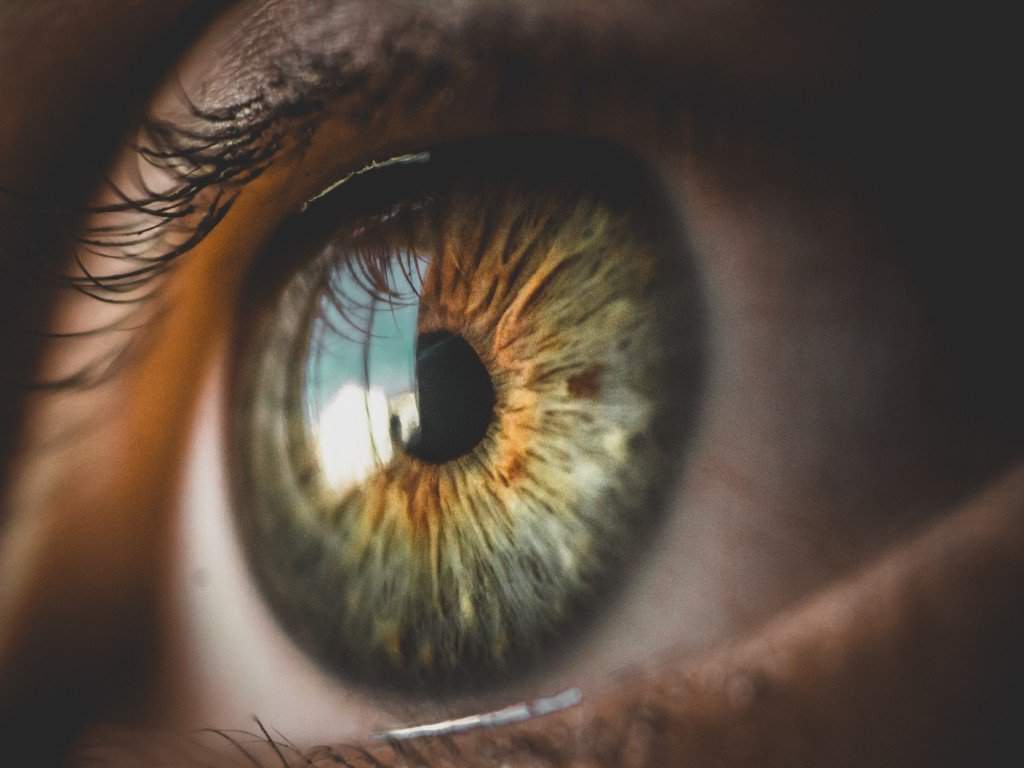Why Your Family’s Eye Health History Matters: Unraveling the Genetics of Vision Disorders
Eyes are often referred to as the windows to the soul. But did you know they might also be windows into your family’s genetic history? Understanding the intricate dance between genetics and vision can offer insights into your risk of inheriting certain eye conditions. In this article, we’ll delve into why your family’s eye health history is pivotal and how genetics play a role in shaping our visual world.
1. The Basics of Genetics and Vision
Every individual carries two copies of each gene in their cells – one from each parent. These genes are responsible for various functions and characteristics, including determining eye color, vision strength, and susceptibility to eye diseases. If one or both parents carry genes linked to eye disorders, their offspring have a higher likelihood of inheriting these conditions.
2. Common Genetically Influenced Eye Conditions
- Myopia and Hyperopia: Also known as nearsightedness and farsightedness, respectively, these refractive errors have been linked to family history. If your parents or grandparents needed glasses, there’s a good chance you might, too.
- Color Blindness: This condition affects the ability to perceive colors correctly. It’s a sex-linked recessive trait, meaning it’s often passed from mothers (carriers) to their sons.
- Glaucoma: A severe condition affecting the optic nerve, glaucoma has a strong genetic component. Those with a family history of glaucoma should undergo regular eye examinations to detect and manage it early.
- Age-related Macular Degeneration (AMD): Research has identified several genes linked to an increased risk of AMD, a leading cause of vision loss in older adults.
- Retinitis Pigmentosa: This inherited degenerative eye disease affects the retina. Family history is a significant predictor, with many genetic mutations identified as culprits.
3. The Value of Knowing Your Family’s Eye Health History
- Early Detection: Forewarned is forearmed. Being aware of your family’s eye health can prompt you to seek regular eye check-ups. Early detection often translates to better management and sometimes even prevention.
- Lifestyle Adjustments: Knowing you’re at risk can motivate you to adopt a lifestyle that’s eye-friendly. This might include a balanced diet, protective eyewear, or avoiding excessive screen time.
- Future Generations: Sharing your family’s eye health history can also safeguard future generations. Parents, armed with knowledge, can ensure timely interventions for their children if needed.
4. Genetic Testing: The Future of Eye Health?
Recent advancements have paved the way for genetic testing related to vision disorders. Such tests can identify mutations linked to certain eye diseases. While not a routine part of eye care yet, they hold promise for:
- Tailored Treatments: As medicine becomes more personalized, understanding one’s genetic makeup can lead to treatments specifically designed for individual needs.
- Predictive Interventions: By identifying genetic vulnerabilities early on, interventions can be introduced to delay or even prevent the onset of certain conditions.
5. Empowering Yourself: Steps to Take
If you’re curious about your genetic predisposition to eye conditions, here’s a roadmap:
- Discuss with Family: Initiate conversations with family members about known eye disorders. Grandparents, aunts, uncles, and even distant relatives can offer valuable insights.
- Document Everything: Maintain a record of all known eye conditions in your family. This documentation can be a crucial tool for your eye care provider.
- Regular Check-ups: Schedule routine eye examinations. Inform your optometrist or ophthalmologist about your family history, so they’re on the lookout for early signs of specific conditions.
- Stay Updated: As research progresses, new links between genetics and eye health emerge. Staying informed can help you make proactive decisions about your eye care.
Conclusion
While genetics plays a pivotal role in determining our eye health, it’s not the sole determinant. Environmental factors, personal habits, and overall health also contribute to our visual well-being. But understanding the genetic component undeniably offers an edge. It’s like having a map that highlights potential pitfalls, allowing you to navigate the journey of life with clearer vision.
In the world of eye care, knowledge truly is power. The more we understand about our family’s eye health history and its intertwining with genetics, the better equipped we are to ensure a future with clear, vibrant vision.
Disclaimer: This article is meant for informational purposes only and should not be used as a substitute for professional medical advice or diagnosis. Always consult with an eye care professional for any concerns.

